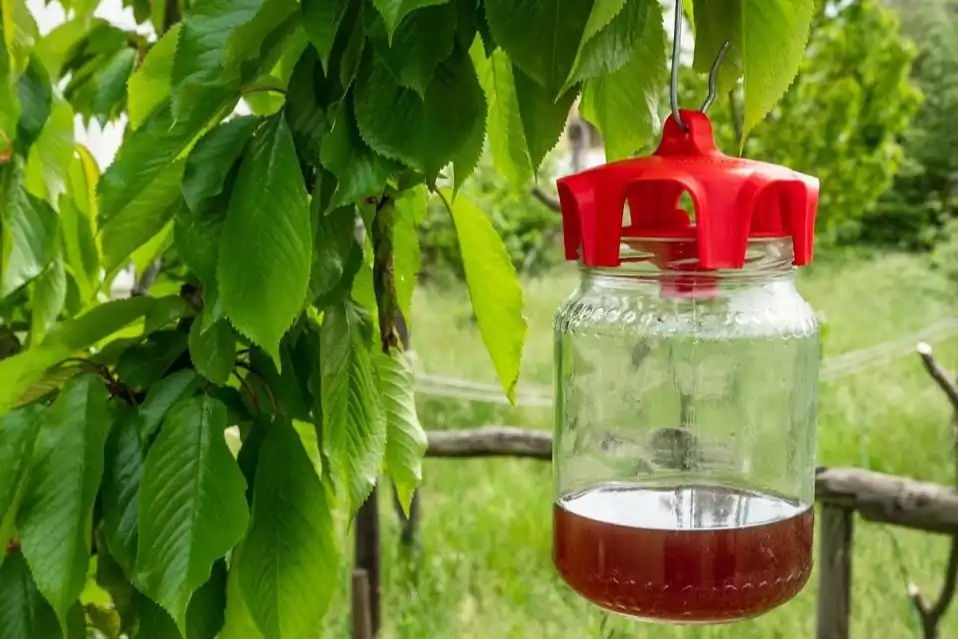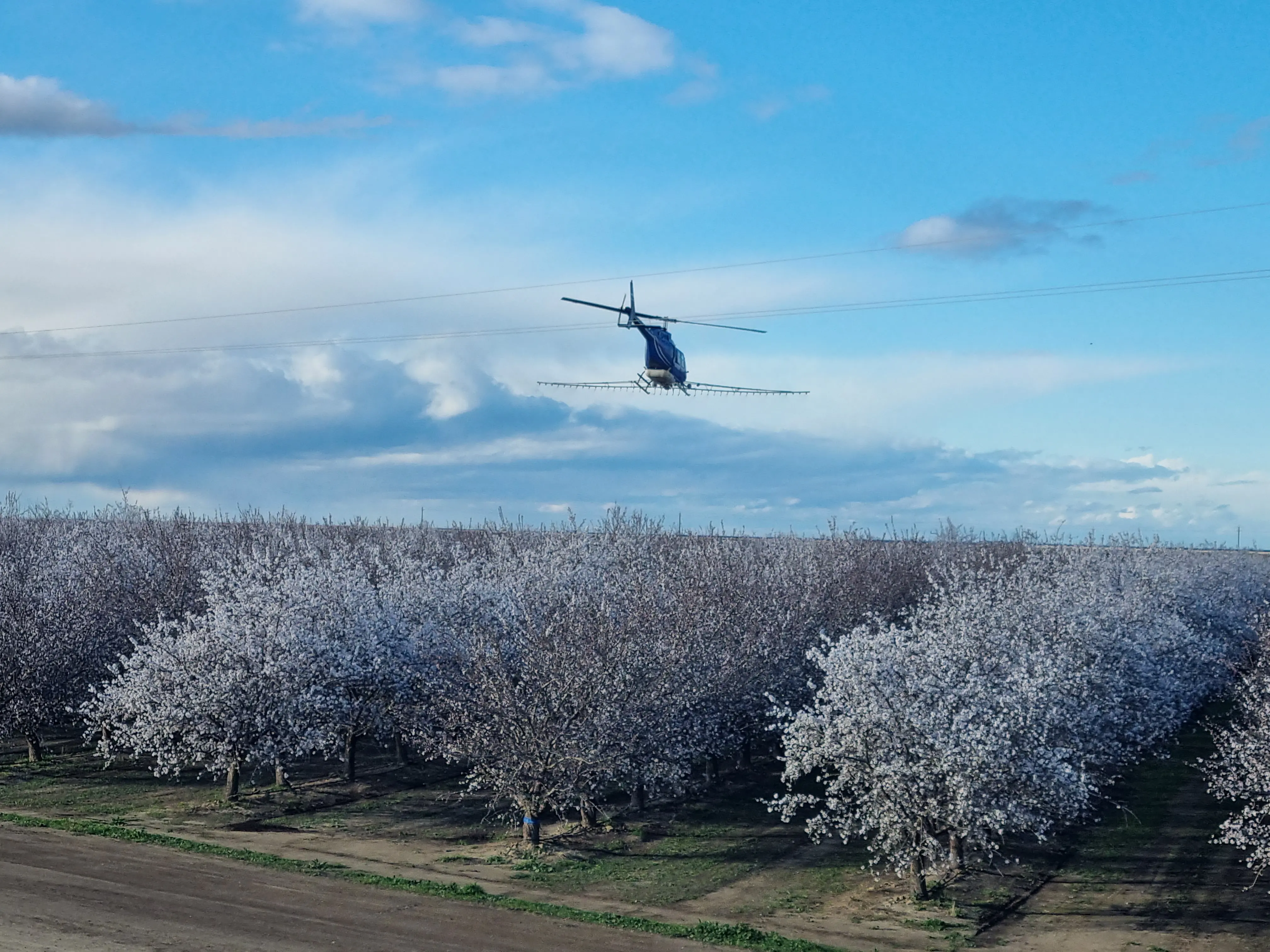In the 12 months leading to August 2023, the global cherry trade is estimated to have grown by at least 14 percent to 750,000 tonnes compared to the same period in the previous year, with growth observed in both the Northern and Southern Hemispheres.
Northern exports rebound
US cherry exports rebounded by 97 percent to 81,000 tonnes in 2023, recovering from the lowest exports in over 20 years recorded in 2022. Turkey, the world's largest cherry producer, experienced a 43% increase in cherry exports to 83,000 tonnes, with 55% of the volume exported to European markets, led by a 73% growth in exports to Germany.
Spain recorded a 23% growth to 32,000 tonnes, and Greece increased by 8% to 25,000 tonnes, primarily trading into northern European markets.
Southern season drives growth
Chile, the largest global exporter of cherries, exported 414,000 tonnes during the Southern Hemisphere season, with 88% destined for China. This marked a 17 percent increase from the previous season, with expectations of further growth in the 2023/24 season.
Other Southern Hemisphere suppliers like New Zealand, Australia, and Argentina also experienced growth trends, particularly in trade with Asia, albeit at a fraction of the volumes seen from Chile.
China dominates global imports
China, the world's largest cherry importer, imported 17% cherries in the 12 months to August 2023, totaling around 367,000 tonnes, with 98% sourced from Chile. Russia, once the largest cherry importer, saw volumes decrease by 11 percent to 100,000 tonnes, mostly from Turkey and Central Asian suppliers.
Canada imported 73% more cherries, reaching 29,000 tonnes, mostly from the US, driven by a return to normal trade patterns after supply constraints in 2022. The US imported 25% more cherries, or 26,500 tonnes, influenced by Chile's export drive for counter-seasonal fruit.
Overall production
Global cherry production, based on FAOSTAT data, continues to increase at around 4% per year, reaching 4.3 million tonnes. Turkey remains the world's largest producer with 873,000 tonnes, followed by the US with 421,000 tonnes in 2021. Chile is the largest Southern Hemisphere producer and the third-largest globally with almost 430,000 tonnes.
Europe is the largest producer, accounting for 32 percent of global production, followed by the Middle East and North Africa (MENA), including Turkey. While Asia is the world's largest cherry importer, its output represents only 1.5 percent of global production.
Source: Fresh Focus Cherry. For the online version click here
Image: Image by wirestock on Freepik
Cherry Times - All rights reserved










